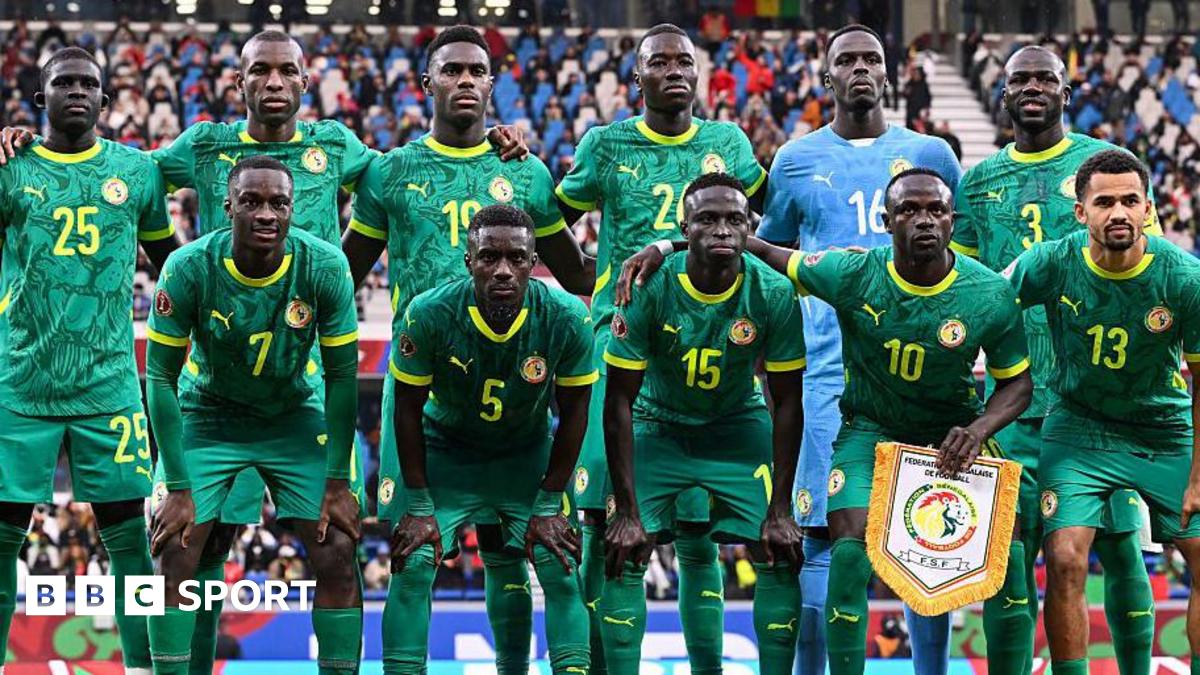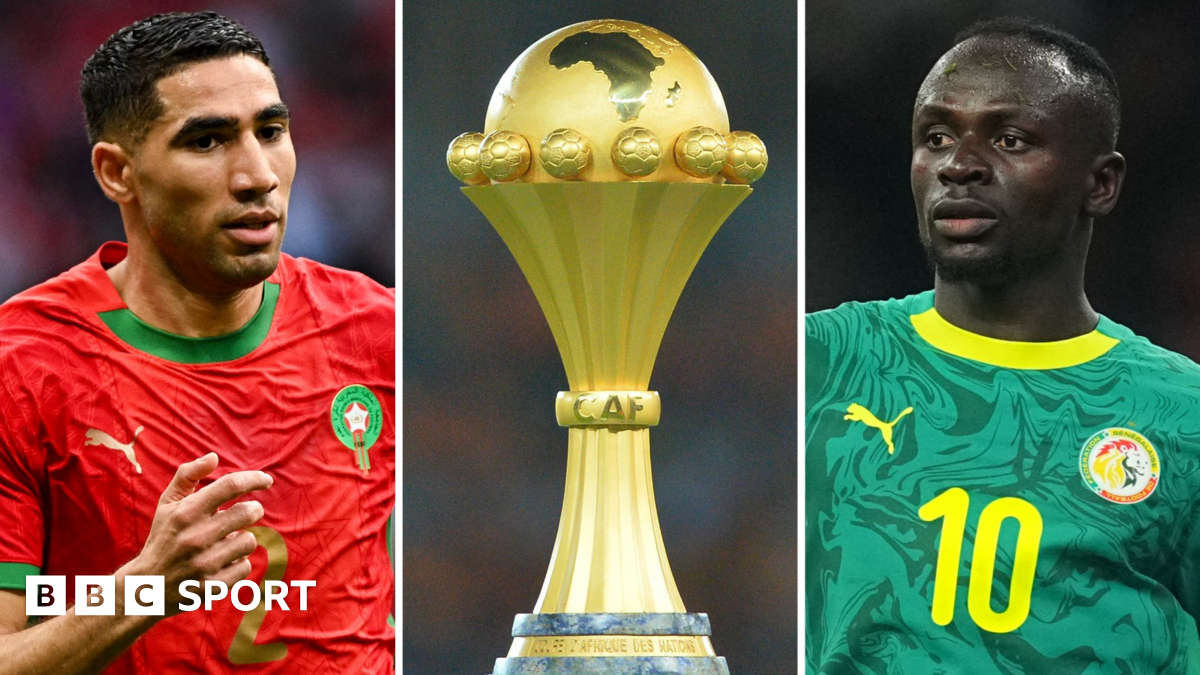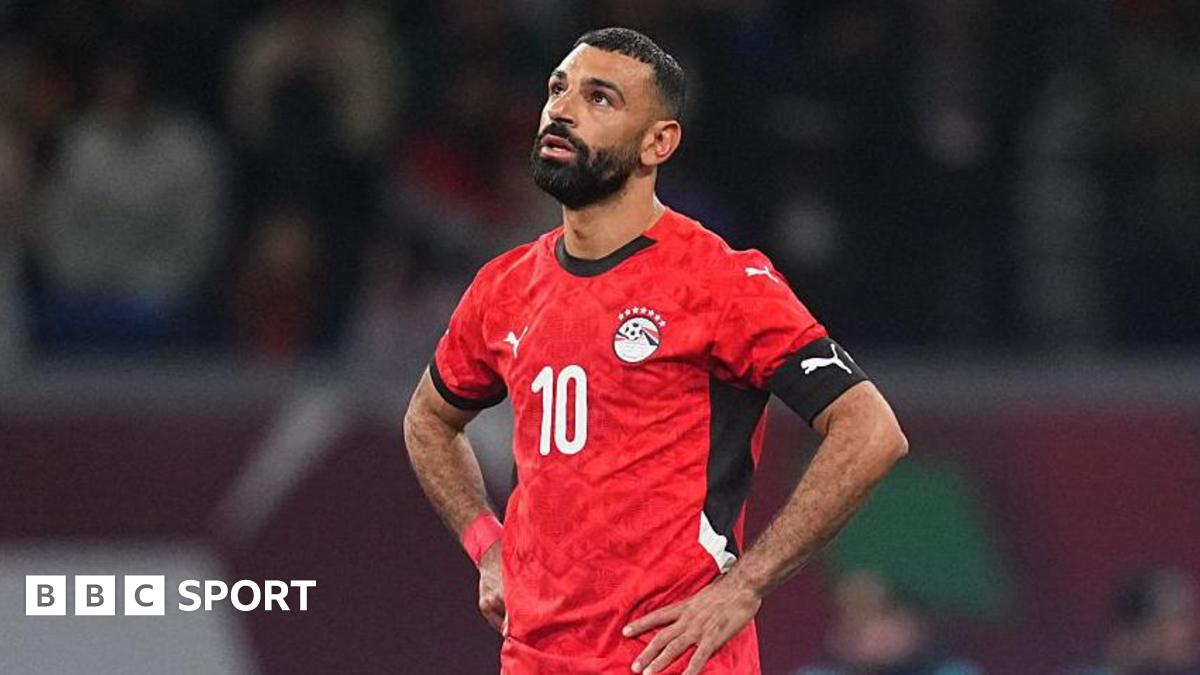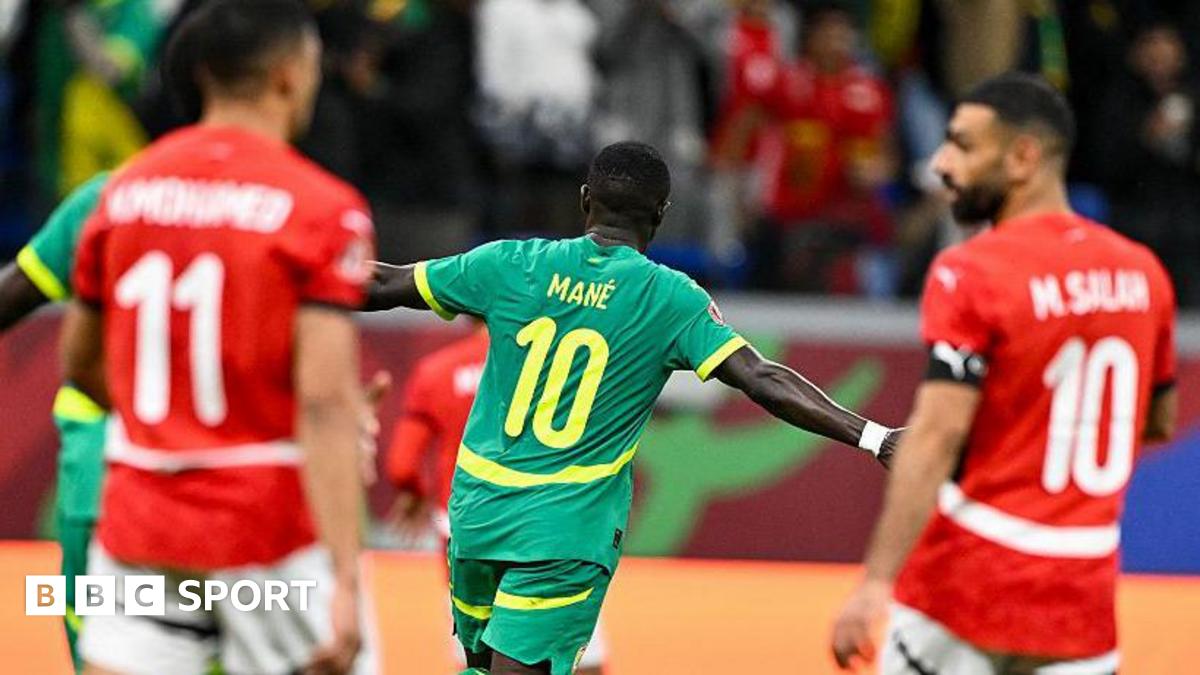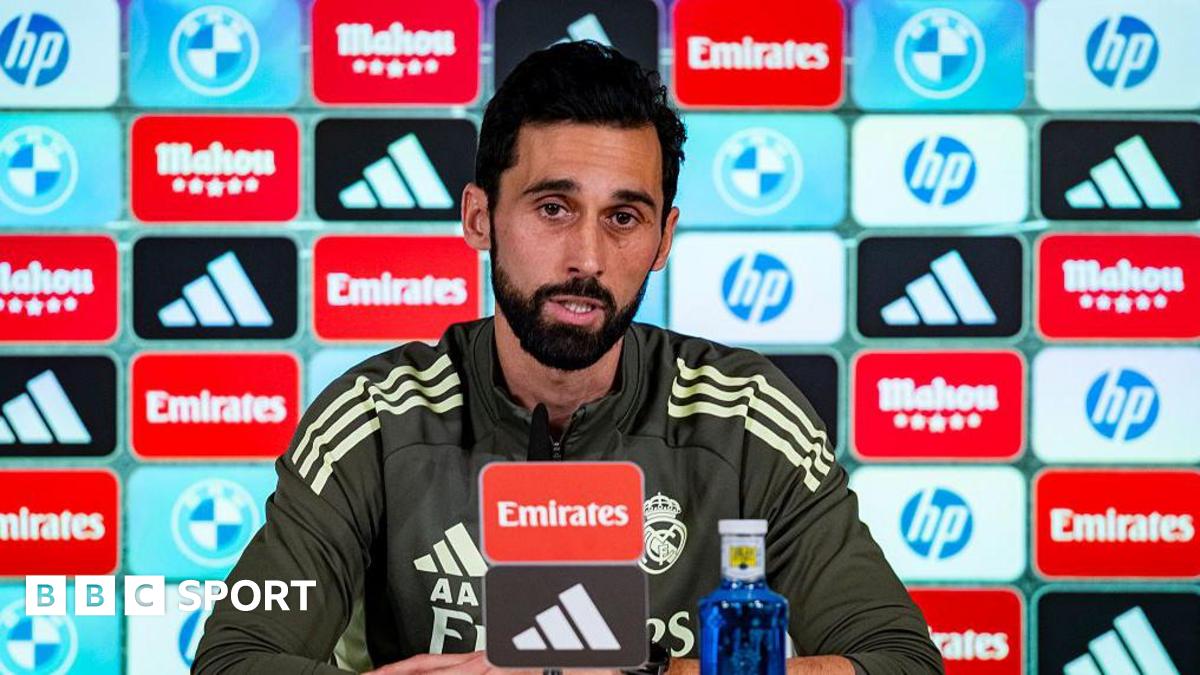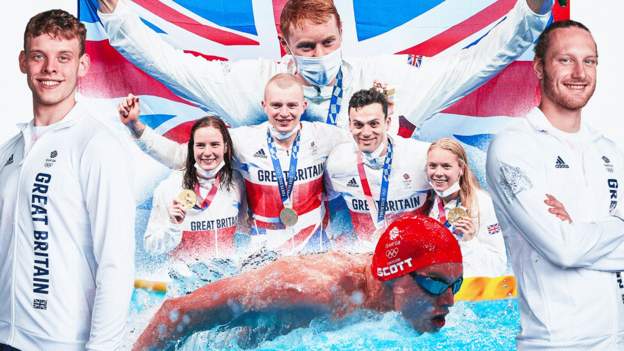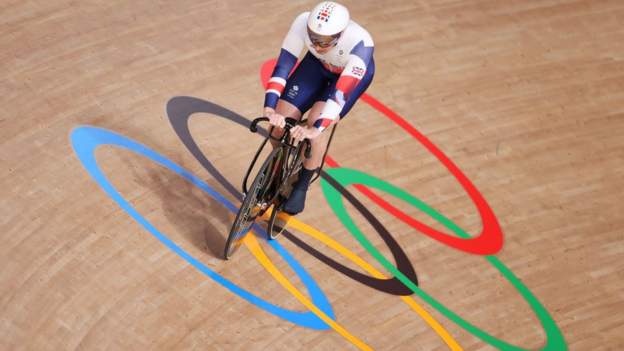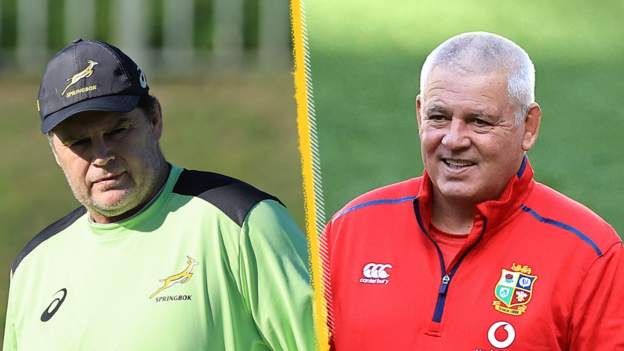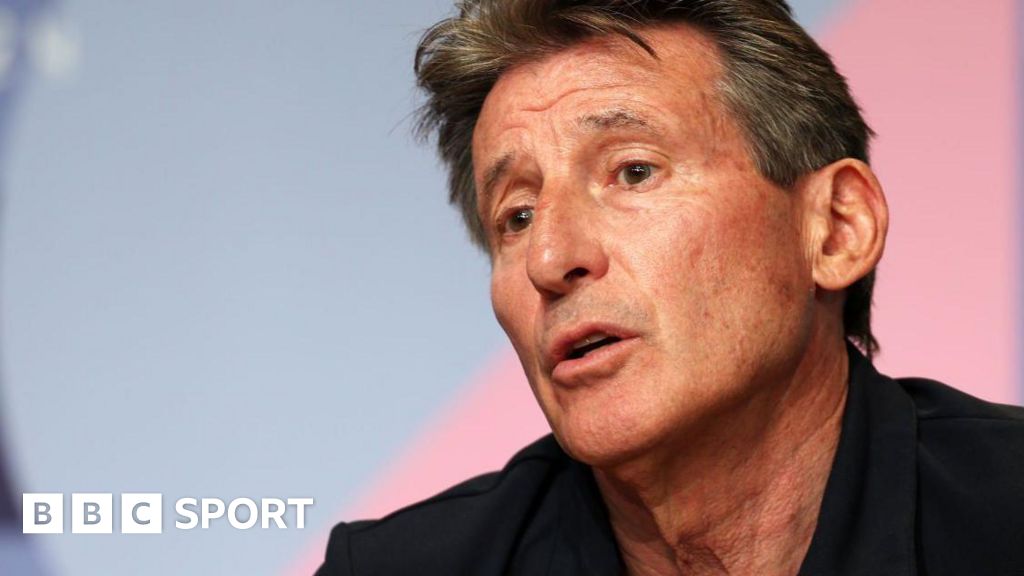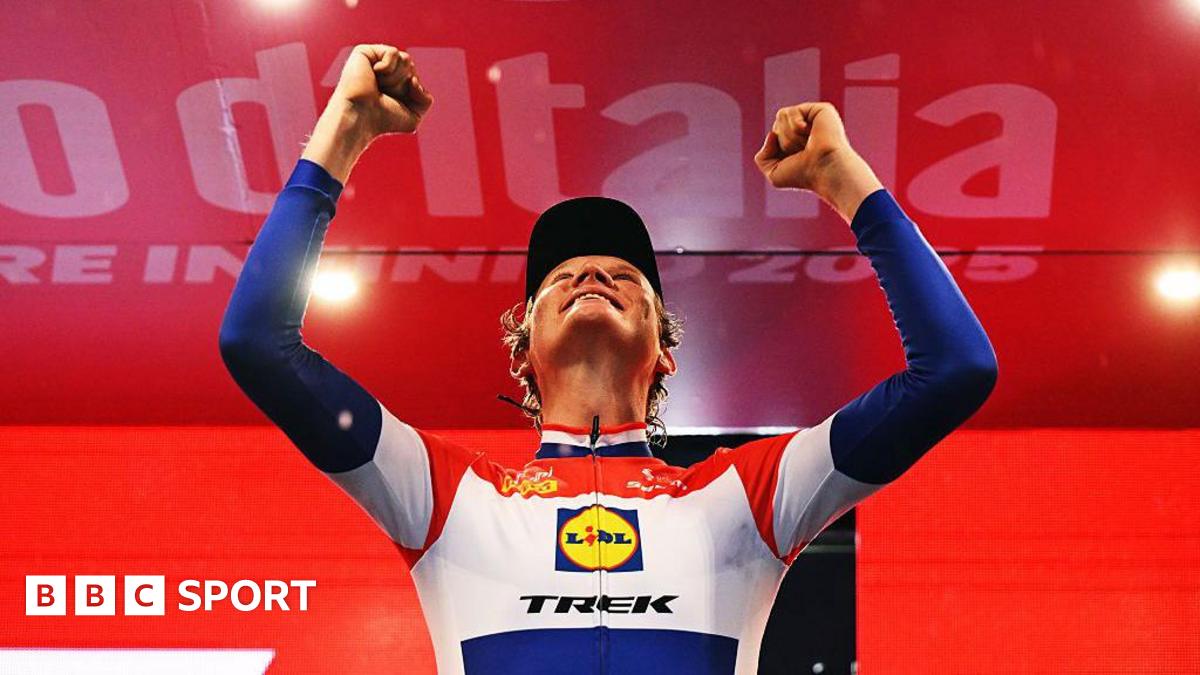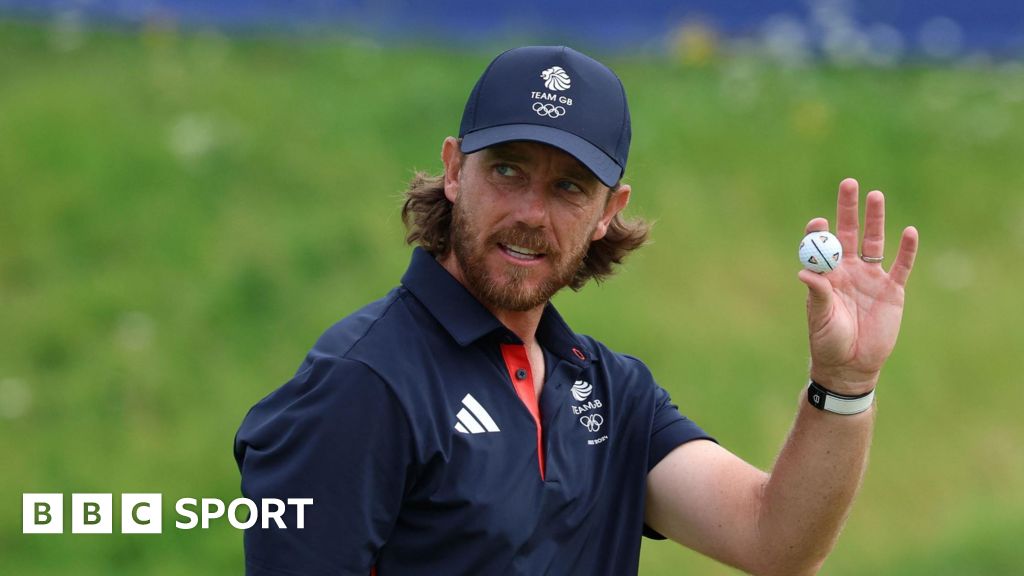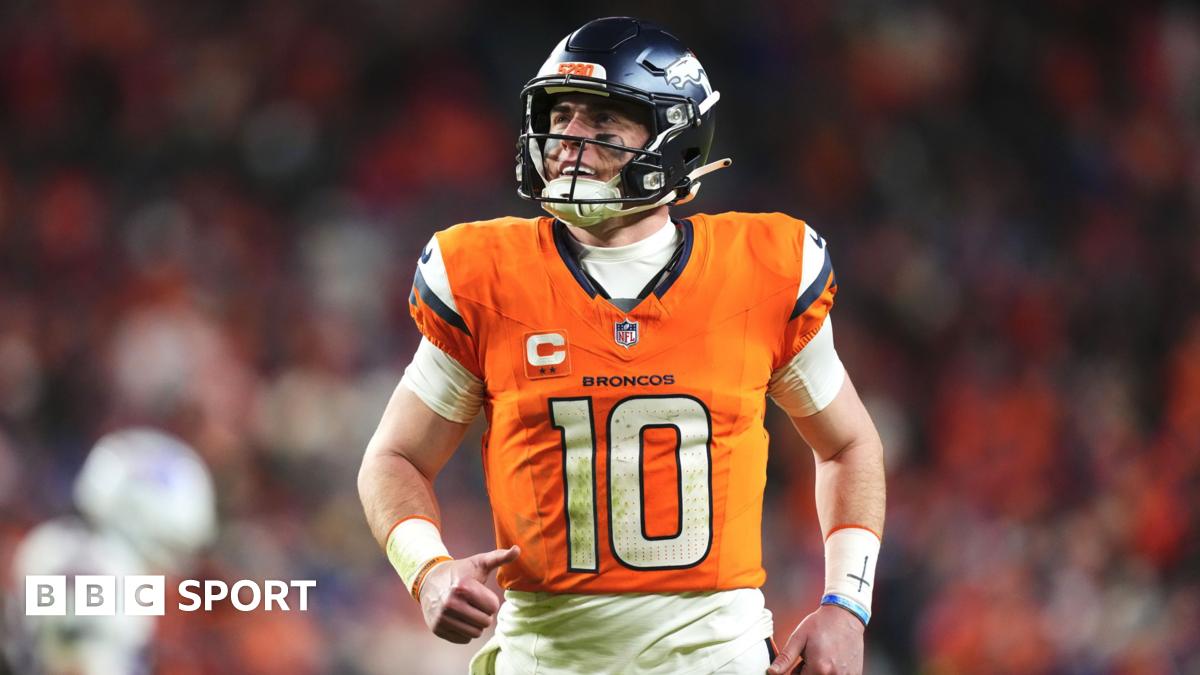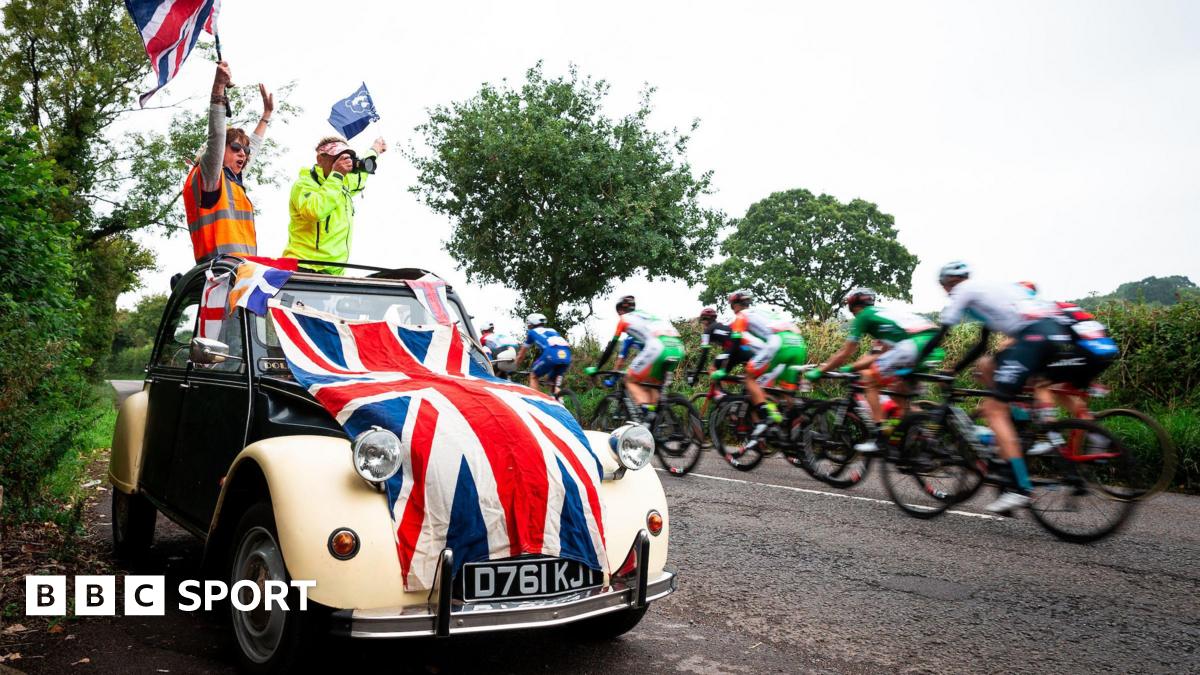Adam Peaty said new-found “belief” had driven Britain’s swimmers to multiple record-breaking successes at Tokyo 2020, but that is just one element of the incredible transformation behind Team GB’s greatest Olympic performances in the pool.
Peaty set the tone for the record haul of eight medals by claiming the nation’s first gold at Tokyo 2020, and in doing so became the first British swimmer to retain an Olympic title.
He also played an instrumental role in the historic mixed 4x100m medley relay victory and the silver claimed by the men’s medley relay line-up.
The Games were about more than one man, though, with Tom Dean,Duncan Scott and Luke Greenbank all securing individual honours, and playing a part in notable medal-winning relay teams with James Guy, Matt Richards, Kathleen Dawson and Anna Hopkin.
But even Scott – the first Briton to win four medals at one Olympics – was keen to emphasise how crucial Peaty had been.
“It began with him,” Scott told BBC Sport. “His mental drive, the way he dominates, rubs off on everyone.”
It is a remarkable turnaround in fortunes for a sport which missed its medal target and was hit with a multi-million pound funding cut following the London 2012 Olympics.
Rebuilding after a ‘devastating’ home Games
While the majority of Team GB bathed in the golden glory of the sun-soaked successes at the home Games, British swimmers were noticeable absentees from the podium party.
Rebecca Adlington, who had claimed two Olympic gold medals at Beijing 2008, secured double bronze and Michael Jamieson impressed with silver, but the team fell short of their medal target, which was between five and seven medals.
British Swimming was in a difficult place and, within months, both American head coach Dennis Pursley and Australian performance director Michael Scott left.
In their place came head coach Bill Furniss, who had guided Adlington to her four Olympic medals, and new performance director Chris Spice.
Furniss was brutal in his assessment of the challenge ahead, telling BBC Sport in early 2013 that results “might get worse before they get better”.
He was not wrong. The British team took home just one bronze medal from the World Championships that year.
Spice, who had previously worked with the Rugby Football Union, England Hockey and British Basketball, felt the lack of team dynamic was a big problem.
Rio Olympic silver medallist Siobhan-Marie O’Connor, who was 16 when she competed at London 2012, agrees with that assessment.
“I remember going in as a rookie for London and it felt like a team of individuals and there were people on the team you would hardly ever speak to,” she tells BBC Sport.
“One of the biggest changes was to cut the numbers so we had much smaller squads which brought people closer, but we also organised our own quizzes and team-bonding exercises.”
Spice and Furniss also implemented specific relay training camps, where athletes based around the UK would come together to improve takeover skills, but also emphasise the importance of being a ‘British Swimming unit’.
Peaty – the raw gift who changed everything
A year on from the dismal World Championship performance, a little-known swimmer from Uttoxeter turned up at the British Championships and promptly stunned the swimming world by setting the quickest breaststroke times on the planet that year.
Peaty’s rising-star status was underlined later in 2014 when he secured impressive Commonwealth and European titles, but a more fundamental change occurred in 2015.
After breaking the 100m world record for the first time in April, Peaty won maiden 50m and 100m breaststroke world titles that summer. He also claimed gold and a world record with the mixed 4x100m medley relay team, which included O’Connor.
“Kazan changed everything for the team and Adam was a big part of it,” she says, looking back at an event where British swimmers won a record haul of nine medals.
“It was the first world gold for our generation and he had this confidence which just spread like wildfire around the team.
“We saw what he did in Rio and that drove [Olympic silver medallist] Jazz Carlin and I to what we achieved there. We had this new energy and belief that if he could do it, we could as well, because he was part of the team, spoke to everyone and inspired us all.”
After the Rio Olympics, where Peaty claimed his first Olympic gold, he embarked on a physical transformation – developing greater muscle mass and a love of body art.
He felt he was part of pride, but he was also more than that – he knew he was now a leader who boldly stated he would not defend titles, but would attack them.
A large lion was soon etched into his left arm and it became a symbol of what he stands for – “being proud, being strong and being British”.
Adlington, who retired in early 2013, feels his confidence – “which should not be confused with arrogance” – provoked a fundamental shift in the team’s attitude.
“We’ve seen a huge mentality shift, driven by Adam,” she tells BBC Sport. “Going back 10-15 years, it was seen as an achievement to be on the squad. Now it’s all about getting on the podium.
“Previously we tried to clone what the Americans or Australians were doing and then we’d almost fear them, but we changed that and doing things in a more British way has worked.
“Now they take us seriously. We have the belief we deserve to be up on the podium too, and that’s in a large part because of Adam, who is never satisfied and demands more.”
Seven stats showing British brilliance
- Team GB won eight swimming medals at Tokyo 2020 – four golds, three silvers and a bronze.
- This was the first time in 113 years that GB won four swimming golds at one Games.
- Duncan Scott claimed four medals – the most by a Briton at a single Games.
- Scott now has six medals – cyclists Bradley Wiggins, Chris Hoy and Jason Kenny are the only Britons with more.
- Adam Peaty became the first British swimmer to retain an Olympic title, winning GB’s first gold of the Games.
- Peaty finished with three medals – two gold and one silver.
- The second of those golds came when he teamed up with Kathleen Dawson, James Guy and Anna Hopkin to win the inaugural 4x100m mixed medley relay in a world-record time.

Team dynamic emphasised by Guy
Adlington feels greater communication between athletes and management has been a fundamental part of recent British success, and cites Guy’s withdrawal from his individual event as a key example of the change in approach.
“James had a medal chance in the 100m butterfly, but it would have meant three more swims and that might have impacted his performance in the relay,” she said.
“In previous years a swimmer would have been told what to do, but he was sat down, had all of the options explained to him, and was allowed to make a choice.”
Guy chose to prioritise the team ahead of his pursuit of individual glory, and he was rewarded with three relay medals – two gold and a silver.
New stars emerge and a ‘bright’ future predicted for Paris 2024
Coming into the Games, Tom Dean was expected to play an important role in the 4x200m freestyle relay and was seen as an outside medal contender individually, but his victory sent shockwaves around the world.
O’Connor describes her former training partner as the “most naturally talented swimmer” she has ever seen, but even she was taken aback by his performances in Japan.
“This is a guy who until a few years ago was only doing five sessions a week, but was still amazing and then he had Covid twice which really impacted his build-up,” she said.
“I’m quite close to him and I know how he struggled, so to do what he did was incredible.”
Scott was already an established figure in the British team, having claimed two relay silver medals at Rio 2016, but he emphasised his individual brilliance with silver medals in both the 200m freestyle and 200m individual medley in Tokyo.
Greenbank won 200m backstroke world bronze in 2019 and proved that was no fluke with an Olympic bronze in the event, while he has also improved over 100m.
Elsewhere there were encouraging performances by 16-year-old sprinter Jacob Whittle and 1500m swimmer Daniel Jervis, while the likes of Dawson, Hopkin, fourth-placed Abbie Wood and Freya Anderson are seen as potential medal contenders come Paris 2024.
“I really do think this squad is going to go from strength to strength heading to Paris,” said Adlington.
“None of our top swimmers will be stopping and there are loads of talented female and male swimmers who aren’t even in Tokyo who will be bursting through soon, so it’s looking very bright for the future.”




